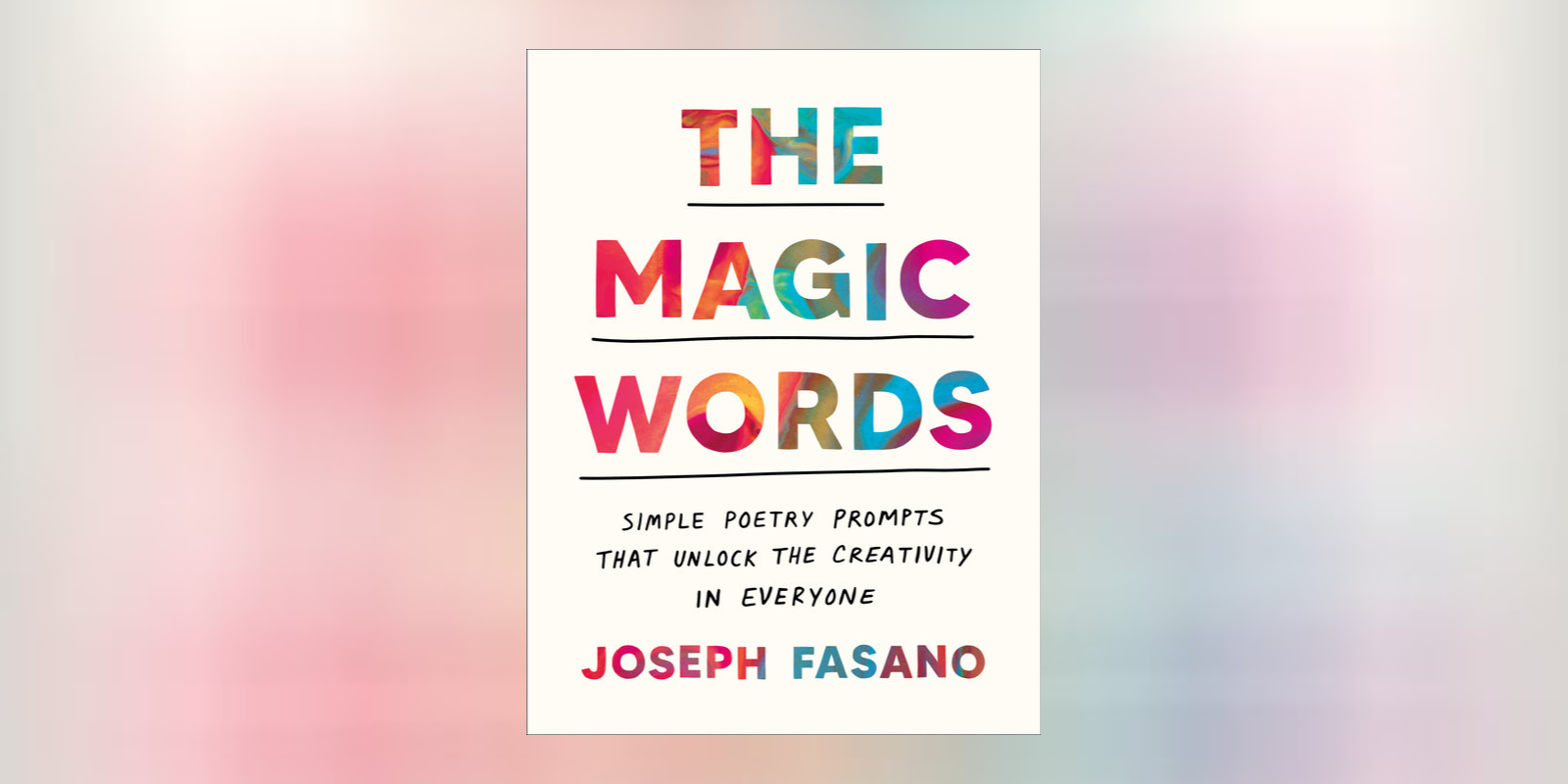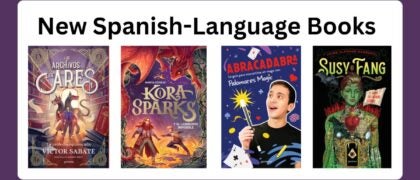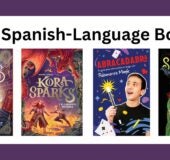By: Joseph Fasano
In 2022, I was invited to speak with a class of second graders in New Jersey to teach them about the craft and magic of poetry. I developed a prompt, The Magic Words framework, that could help them unlock images, thoughts, and feelings without worrying about how to structure a piece of creative writing. The results were astonishing: seven- and eight-year-olds were writing about their identities (how they felt like “immortal jellyfish,” like “wild tigers dreaming in the sunlight,” like “crazy elephants eating clocks”); their worries (“What is life?” “Am I weird?” “How do people get used to other languages?”); their self- esteem (“Always I am loyal,” “I am wild,” “I am kind”). As poetry has always done, the prompt was unlocking our most precious natural resource: the imagination.
When I shared the students’ poems on social media, I received responses from around the world. Soon, thousands of people, many of whom had been struggling with language, self- expression, or overwhelming feelings, began using the Magic Words prompts: a ninety-year-old woman working through dementia with her caretaker, an autistic sixteen-year-old grappling with verbal communication, classrooms of students whose teachers had translated the prompt into Spanish, French, Turkish, German, and many other languages.
What has become clear is that The Magic Words can help students of all ages. Recently, I asked my college students to read aloud a paragraph from their academic writing. One student selected a paragraph in which she had practiced synthesizing quotations from a primary source. The syntax was repetitive, the tone was uninspired, and the lexicon was unimaginative. I asked this student to flip through my poetry prompts and select one that might unlock her creativity. She chose a prompt on “Mistakes,” and this is what she wrote:
This is how a mountain moves,
by losing the sea.
This is how a mother speaks,
by losing a shadow.
This is how a child wakes,
by hearing the wind.
I am what I am, a flawed thing
that loses, that falls, that stumbles,
and then that speaks.
Look at me. Look at my verbs.
This is how a child wakes.
I can hardly tell you how amazing it is to hear such a voice break out in an “academic” setting. That student certainly did not wake up that morning imagining she would be thinking about moving mountains in her academic writing class, and a few of the other students, though moved by the poem, were looking at me with skepticism: Why were we doing this in an academic writing class?
I asked the student to stay in her “creative” state of mind while revising her analytical paragraph. What she wrote was simply astonishing:
George F. Will begrudges the profits that television producers garner from their “degradation” of reality. In his essay “Reality Television: Oxymoron,” Will implies the creators of this “perversity” would contend they are “are only supplying a [pre-existing] market.” This, Will argues, is disingenuous. He compares the “purveyors of perversity television” to heroin dealers on the street: both are partly responsible for the constructions of the markets to which they cater.
“Look at my verbs,” the student had written in her poem. I tell my students that strong verbs can significantly improve our writing. Don’t just write that John Doe “talks about” an issue; tell the audience he “begrudges” something, “or questions” something, or “confronts” something. Look how much work that verb can do, I tell them. But an abstract lesson on verbs does next to nothing for most students. They need to feel for themselves the experience of using language in new ways. And many of them are far too reluctant to engage creative writing without significant help. So what do I do with The Magic Words? I invite students to engage their creative, synthetic thinking without the pressure of being told to be creative: a “low stakes” writing assignment, we might call it, if I didn’t think everything, absolutely everything, is high stakes.
These exercises, then, compel students to engage parts of themselves they thought they could check at the door of the classroom. In bringing those parts into the work, they cannot help but have profound experiences of thinking and feeling, experiences that move them toward that mysterious place where thinking and feeling are one.
Even if the works produced with The Magic Words are not always sublime artistic achievements, they are always glorious testaments to the persistence, creativity, and uniqueness of the human individual, and that is precisely the subject to whom the educator is responsible. I, for one, have never felt more rewarded as a teacher than when I received this piece a child had written for me with the help of The Magic Words:
For Joseph Fasano
by Emerson R., grade 4, Texas
What if I told you when I was inspired
I dreamt of a place in the world,
a peaceful poem?
What if I told you
you are that peaceful poem?
What if I told you
that even when I wished
as many times as I could, no one heard.
But you did.
You gave me words
to fight back, to work hard
like a poet in the mood.
What if I showed you what I learned?
What if I taught you
what my heart knows?






